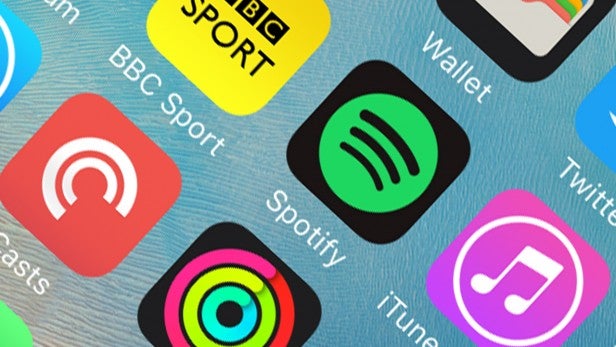Spotify is going public, but it’s doing it a little differently from most

On the 3rd of April, Spotify is becoming a listed company on the New York Stock Exchange, meaning that its shares will be publicly traded for the first time and anyone will be able to invest in the music streaming giant.
However, this is slightly different from the initial public offerings (IPO) that most companies go through when they’re first listed on a stock exchange.
Rather than offering an IPO, Spotify will instead be holding a ‘direct listing’. The difference here is that unlike an IPO, where a company announces ahead of time how many shares it will be making available at a pre-defined price, a direct listing means that anyone who already owns Spotify shares will be able to sell them, or they might not.
In effect, this means that we won’t know how many shares will be available (or at what price) until they start being traded. The result is likely to be a large amount of stock volatility while the market works out what it thinks of Spotify, and it could take weeks for the price to settle down.
Spotify stock price: From $50 to $130
The Financial Times reports that in early documents Spotify has indicated that share prices could range from $48.93 to as much as $131.88, but the first shares won’t be traded for hours while financial advisers go about matching buying and sellers on the stock exchange floor.
This is an important moment for the tech world. Completing a successful IPO relies on an army of traditional Wall Street bankers and intermediaries to set share prices, help with adhering to regulations, and generally make the sale happen. For all this work, these intermediaries charge commissions of between 2% and 8% according to Investopedia, which cuts into the money raised by a company that’s going public.
Traditional financial institutions will still have a role to play in the direct listing by advising buyers and sellers of the stock, but many are seeing this as a sign the tech world might be becoming less reliant on traditional banks.
But equally, this might not change much in the grand scheme of things. Spotify is in the enviable position of being a household name while also controlling the lion’s share of the entire music streaming business. Few other privately owned companies are going to reach this position before being in a position to go public.
Do you think Spotify is a good investment? Let us know @TrustedReviews.


